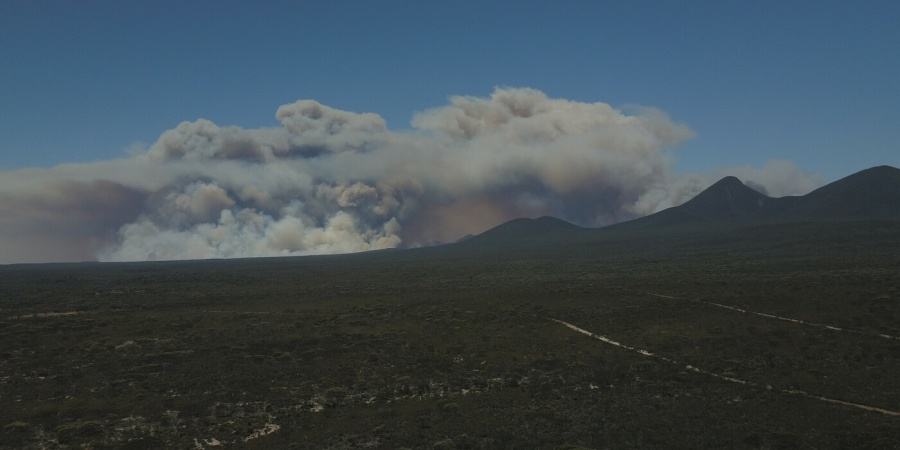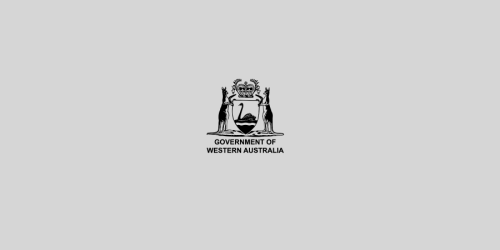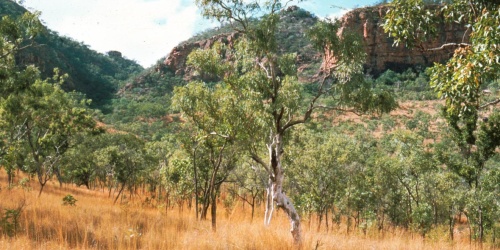
Smoke from a fire in the Stirling Ranges 2019 - Photo Peter Nicholas DBCA
Certain weather conditions that commonly occur during the prescribed fire season can trap smoke close to the ground and significantly decrease visibility. Parks and Wildlife works closely with the Bureau of Meteorology, using state of the art smoke modelling technology to predict the most likely track and concentration of smoke when deciding whether to carry out a prescribed burn.
Smoke management
Parks and Wildlife makes every effort to avoid smoke impacts to populated areas wherever possible. Each day, informed decisions are made on whether to burn, which burns to ignite and how much to ignite based on consideration of potential smoke impacts on populated areas. Prescribed burning is aimed at producing as little smoke as possible and is generally far less than that produced from a bushfire.
High concentrations of smoke can cause discomfort to some people and reduce their enjoyment of activities. HeathDirect Australia can provide further information on the impacts of smoke. Contact the 24 hour Freecall number 1800 022 222 for immediate assistance.
Smoke alert information
The Department of Parks and Wildlife issues a smoke alert when smoke from prescribed burning or bushfires on lands managed by the department may affect people in towns and communities or restrict visibility for motorists.
Please note that smoke commonly results from other non-Parks and Wildlife sources such as stubble burning on private land.
What to do:
- Stay informed: be aware of smoke alerts and updates.
- Smoke and your health: people with conditions exacerbated by smoke should take precautions in line with their medical advice. Consult a doctor or call Healthdirect Australia on 1800 022 222 if affected by bushfire or other smoke.
- Driving: take extra care, turn on headlights, and drive slowly if smoke affects visibility. Also be aware that fire crews and vehicles may be working close to roads.
Visit Emergency WA for smoke alerts.
Parks and Wildlife Service issue smoke alerts when smoke from prescribed burning or bushfires on lands managed by the department affect people and communities.

